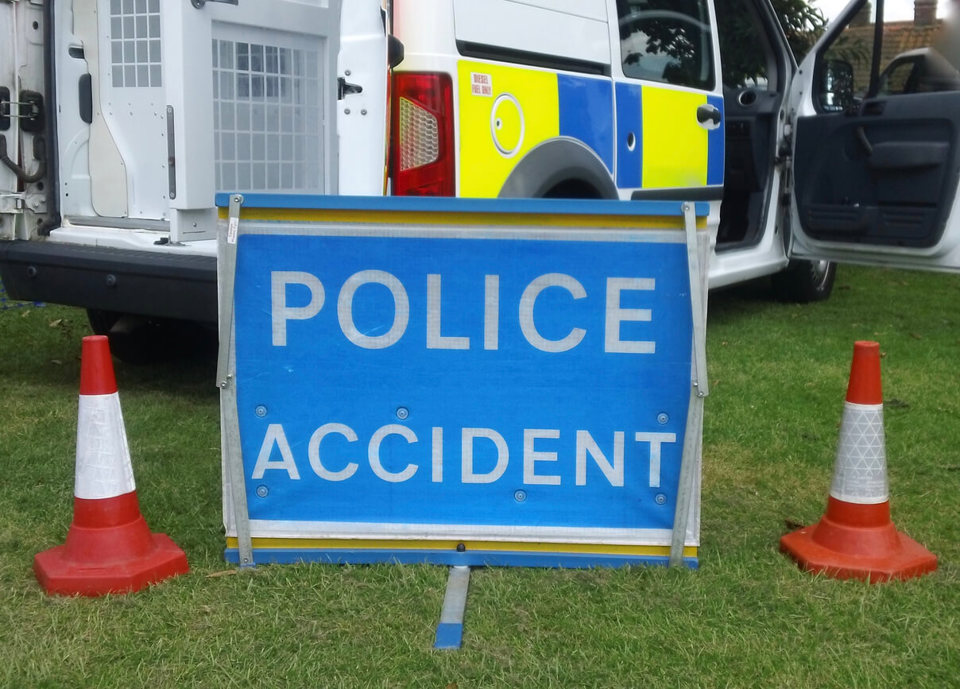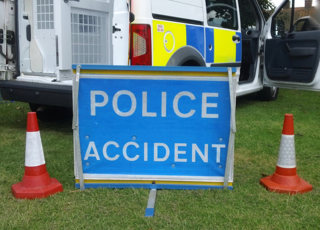IAM RoadSmart says urgent action is needed to tackle the number of at-work drivers killed or seriously injured on UK roads.
It is calling on the Health and Safety Executive (HSE), drivers and their employers, Government and police to do more to address what it says is a stagnation in the number of fatal and serious injury road crashes on UK roads involving company car and vand drivers over the past decade.
In 2009, there were 5,442 serious and fatal crashes in Britain involving an at-work driver; in 2018 this had risen to 5,506.
The road safety charity’s concerns are highlighted in its latest white paper, ‘The Role of Business Drivers.’
The paper illustrates some alarming practices and attitudes when it comes to employers and their drivers. Nearly half of businesses polled (49%) expect their employees to answer their phone while driving for work.
Just over one in eight employees who drive for work (13%) consider the hard shoulder a safe place to take a work call.
Meanwhile, one in six UK employees who drive for work (17%) say they have been involved in an incident when driving for work due to a phone call from a colleague
Neil Greig, IAM RoadSmart director of policy and research, said: “Employers need to do more to drive change across their workforce and to take their responsibilities to keep staff safe, particularly when they’re behind the wheel for business.”
The report also highlights the issue of the so-called ‘grey fleet’ drivers - those using privately owned vehicles for work-related journeys. This growing sector is one in which employers still need to exercise their responsibility for staff health and safety, IAM RoadSmart claims.
Tony Greenidge, IAM RoadSmart business development director, said: “The penny hasn’t dropped for many organisations that their responsibility for a grey fleet driver is exactly the same as for a company car driver.”
He says if companies are expecting their employees to use their own vehicles for business journeys, they must ensure they are doing so safely and with appropriate guidelines, if they are to stay within the law.
IAM RoadSmart claims responsibility for the disappointing lack of progress in reducing the number of collisions involving people driving for business must be shared between Government, HSE, police, employers, vehicle manufacturers and drivers themselves.
It adds that the Corporate Manslaughter Act introduced in 2007 was expected to underpin safer business driving and safer roads objectives – but to date, not a single person has been prosecuted or sent to jail under it in relation to death caused by a company car driver (reference 2).
Greenidge said: “Where there is clear evidence of poor driving behaviour no employer of a driver involved in an avoidable death while undertaking a business journey has been anywhere near a prosecution. It seems the legislation has proved difficult to apply.”
IAM RoadSmart has called for road safety to be at the heart of procurement practice in UK industry.
It says that if a business cannot demonstrate a strong commitment to legislation compliance with regards driving for work safety, then they run the increasing risk that they might be disadvantaged when bidding for contracts in both the private and public sector.
For a copy of the full report click here: https://www.dropbox.com/s/jb43aiw83j8l2qk/IAMRS%20Whitepaper%20-%20v4.pdf?dl=0






















Login to comment
Comments
No comments have been made yet.